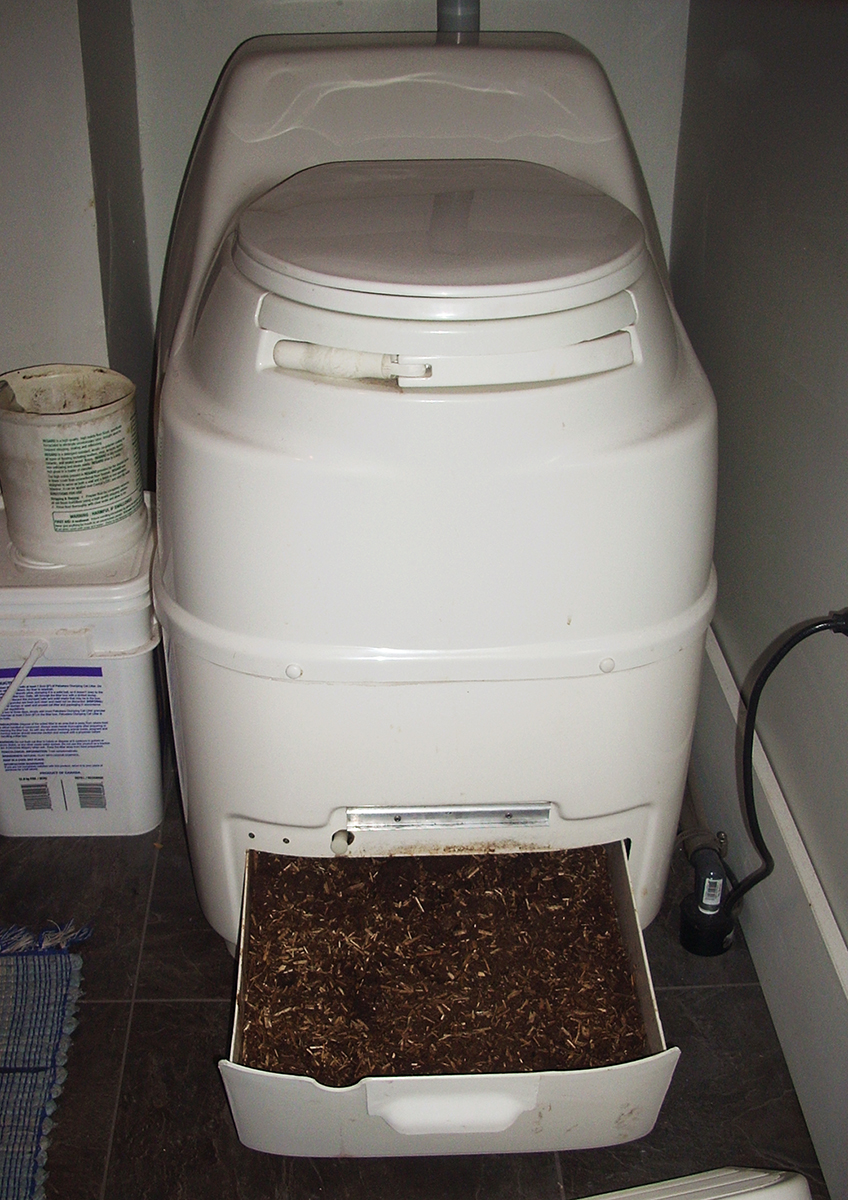Something’s happening. For some time now, there have been efforts all around steering us in a direction—to be healthier, more sustainable, and kinder to the environment—to be “green.”
If you disagree begin by considering organic foods, they are no longer niche products found in specialty shops. Now they are featured in their very own aisle at Superstore and many other grocery stores. After you’re done with the organics—if you might be so inclined—take a stroll down the aisle of cleaning products, if only to admire all the bright green labels boasting of their environmentally friendly contents.
Stay vigilant of those “V”s on the menu when you tell the waiter what you’ll be having, because vegetarian isn’t the only alternate option when dining-out. And how about toilets nowadays, they’re starting to come with options too, so take care to choose your flush wisely.
Things have changed. Trans-fat free chips have become the norm, while foods fried in hydrogenated oils are the exception. Earth Hour isn’t much of a grassroots initiative anymore – it’s become a tradition. And, electric cars are no longer confined to sketchbooks, showrooms, or whispers of conspiracy theorists.
Green options are sprouting-up around us, as unhealthy and unsustainable conventions are being weeded out. Perhaps it’s not by choice for all of us, and maybe some of us don’t even like it, but we’re turning green.
Notions have changed and our vocabulary has expanded to adapt. Green, organic, energy-efficient, sustainable – these aren’t freshly minted words, but they are remarkable for how thoroughly they’ve saturated our lives in recent years.
For many of us, our education on these words has come from the various streams of information we encounter in our day-to-day life – conversations, the media, advertising, etc.. For this reason our understanding of these notions and words are built on an eclectic mix of knowledge (that is often tinted with opinion) continuing to be refined.
For this reason, the topic of being green and all that it entails is controversial because many have great faith in it, while others remain skeptical of its virtues. To slant the topic either way as wholly good or bad is a great generalization.
Some time ago, while sifting through pictures of cats on Reddit, I happened upon an interesting anecdote about “organic” firewood. The title of the post read: “My buddy sells firewood; he took half of it and labeled it as ‘organic’ and managed to sell it at a 50 per cent price increase. What vacuous marketing gimmick has worked for you?” Since it was Reddit, the story should be taken with a grain of salt, but even so a contentious point about organics has been raised. Do products labeled as organic really have any merits that make them better? Are those organic apples really healthier?
In this feature, the Manitoban examines some of these questions. This is by no means a comprehensive look at the green movement, and it’s not meant to draw an absolute conclusion on it, but rather partake in the conversation about what being green entails. This conversation is an important one to have, because whether you agree or disagree, or never really gave it consideration – the green movement is happening, and it is only going to continue to grow and permeate our lives further, that much is assured.



